How to dry fresh herbs — easy methods that preserve flavor and make them last longer
Here’s how to dry fresh herbs for delicious meals
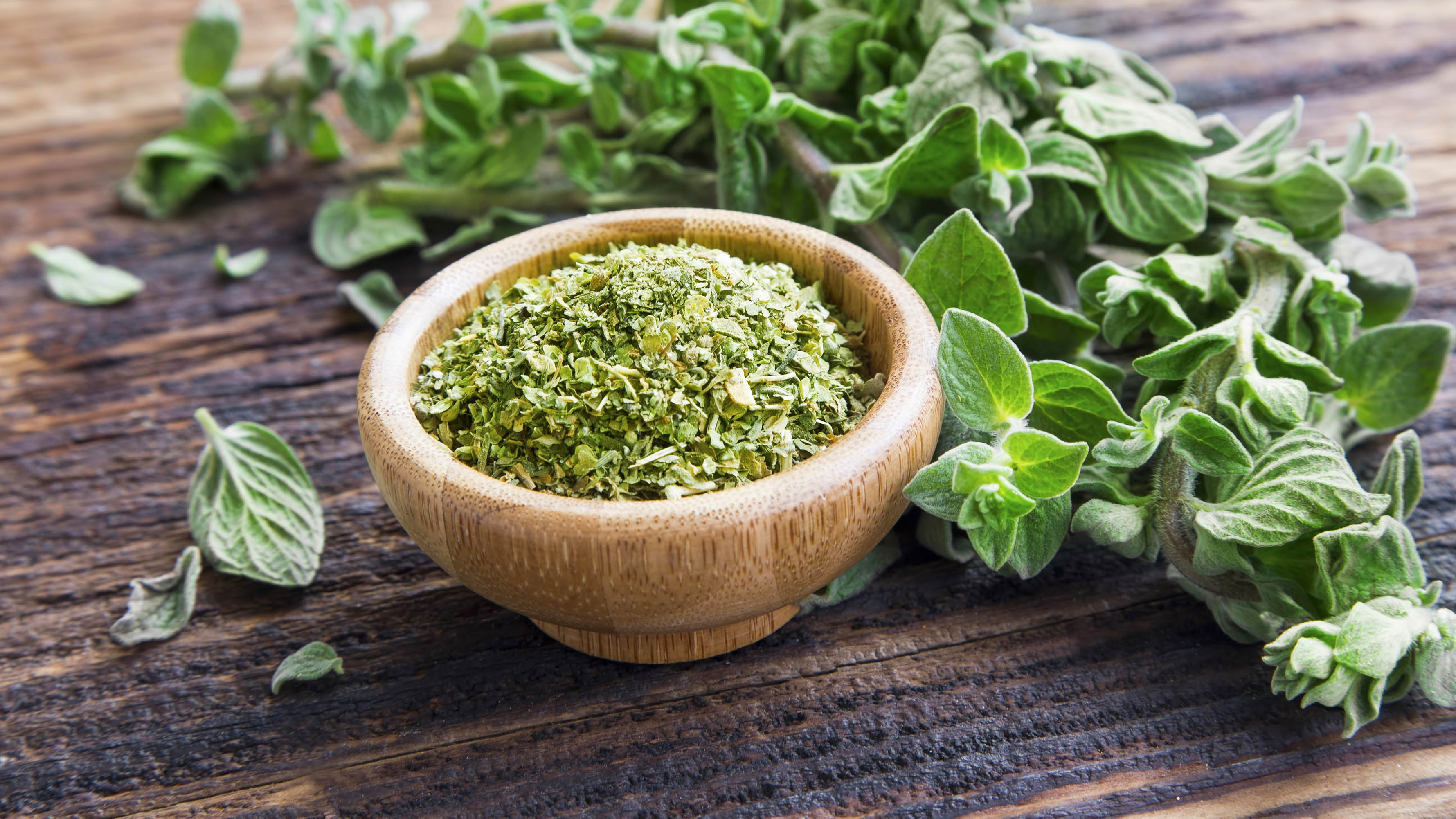
Cooking with fresh herbs can add much flavor to delicious meals, so you want to do it right. And, when you dry your own herbs, this increases the aroma and rich taste — so it's something that's good to know how to do.
Whether you’ve bought fresh from the supermarket, or grow herbs indoors yourself, you can easily learn how to dry fresh herbs. Not only does this help to preserve flavor, but it can extend shelf life, making it last a lot longer. Generally, fully dried herbs can last in an airtight container for six to 12 months, and you can store them as dried leaves or crushed into a powder form.
Luckily, drying fresh herbs is relatively easy and fuss-free. What’s more, it’s far cheaper than buying from the grocery store, saving you cash. So if you want to preserve your favorite flavors, you can try one of these four ways to dry fresh herbs for cooking.
What herbs can be dried?
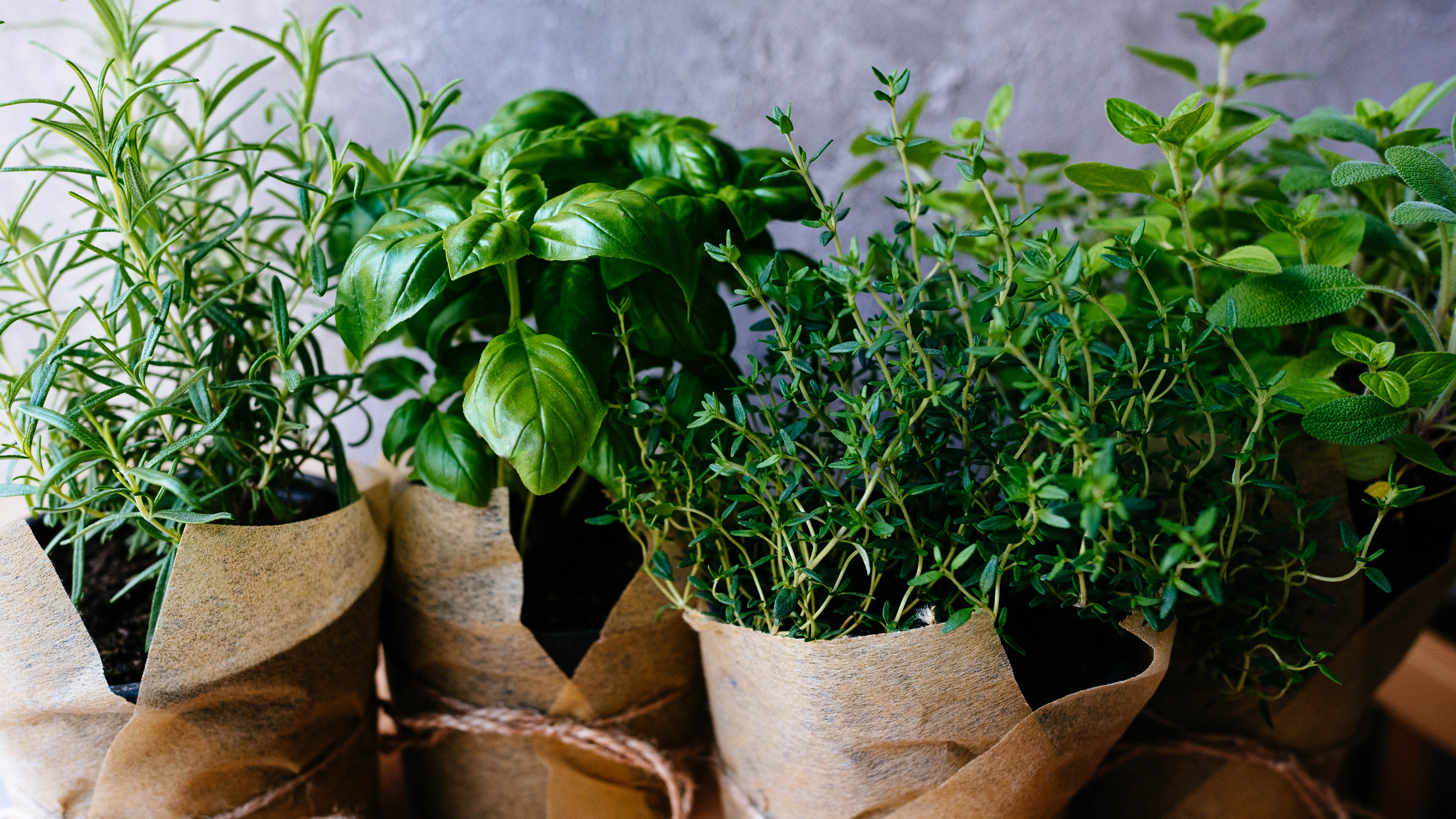
First, it's useful to know which herbs can be dried, as some are better at drying than others. Typically, woody herbs such as oregano, rosemary, thyme, sage and bay leaves have a low moisture content, and are ideal for drying.
While herbs such as cilantro, basil, mint or chives are not best for air drying due to their high moisture content, and would take much longer. Although, this might be doable with a kitchen dehydrator.
If you are learning how to grow a herb garden however, avoid these 7 mistakes it’s all too easy to make when growing herbs.
1. Hang up herbs to dry
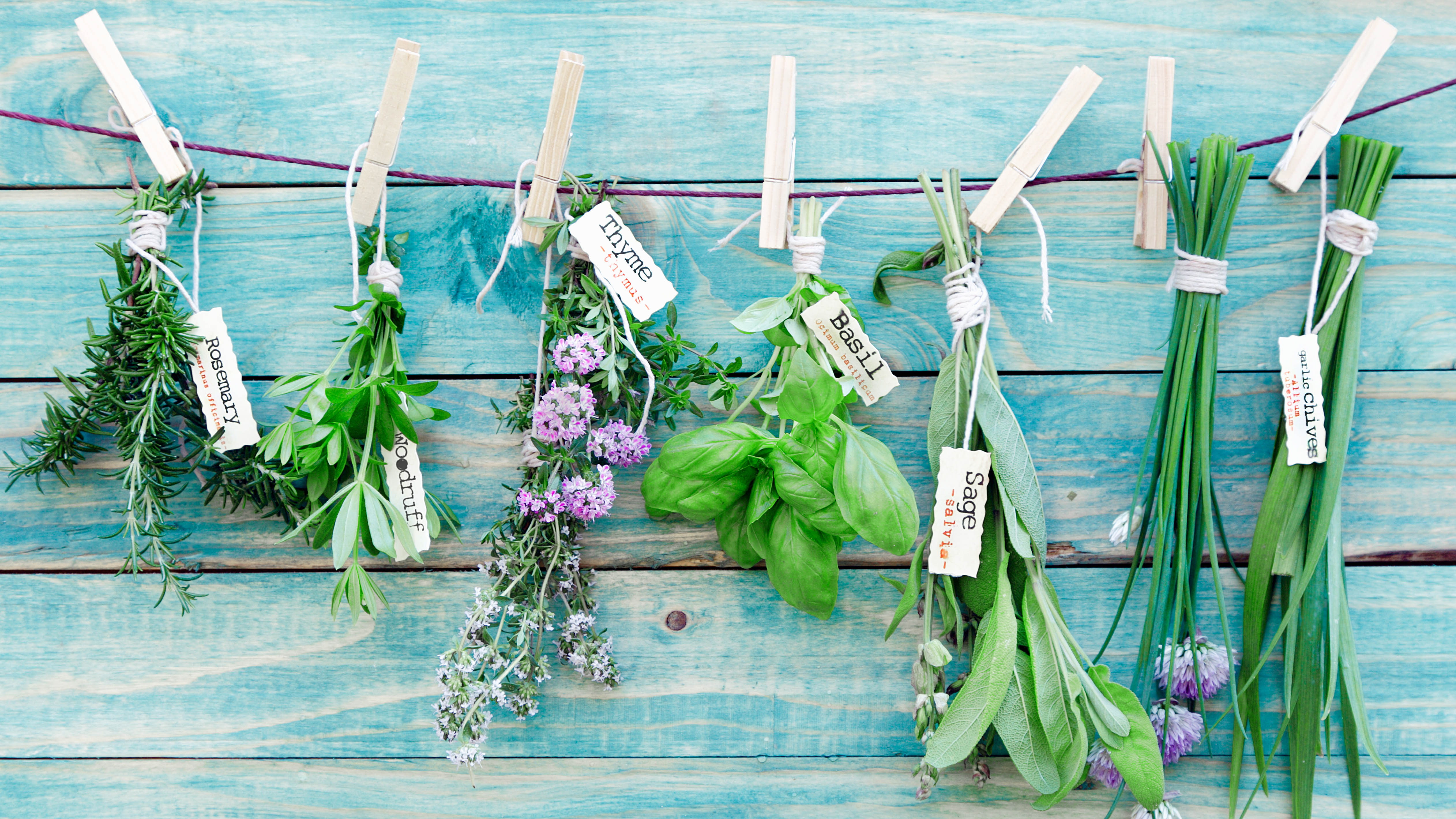
Air drying fresh herbs is a popular and easy method. Simply bundle the herbs with about 5-6 sprigs in each before tying with a 5-inch long piece of twine or string. Then, hang the bundles upside down, preferably in a dry, dark place without direct sunlight.
Sign up to get the BEST of Tom's Guide direct to your inbox.
Get instant access to breaking news, the hottest reviews, great deals and helpful tips.
It usually takes between 5-10 days to fully dry, before storing them whole in an airtight container. Alternatively, you can grind them into a fine powder for spice mixes.
2. Dry herbs in an oven
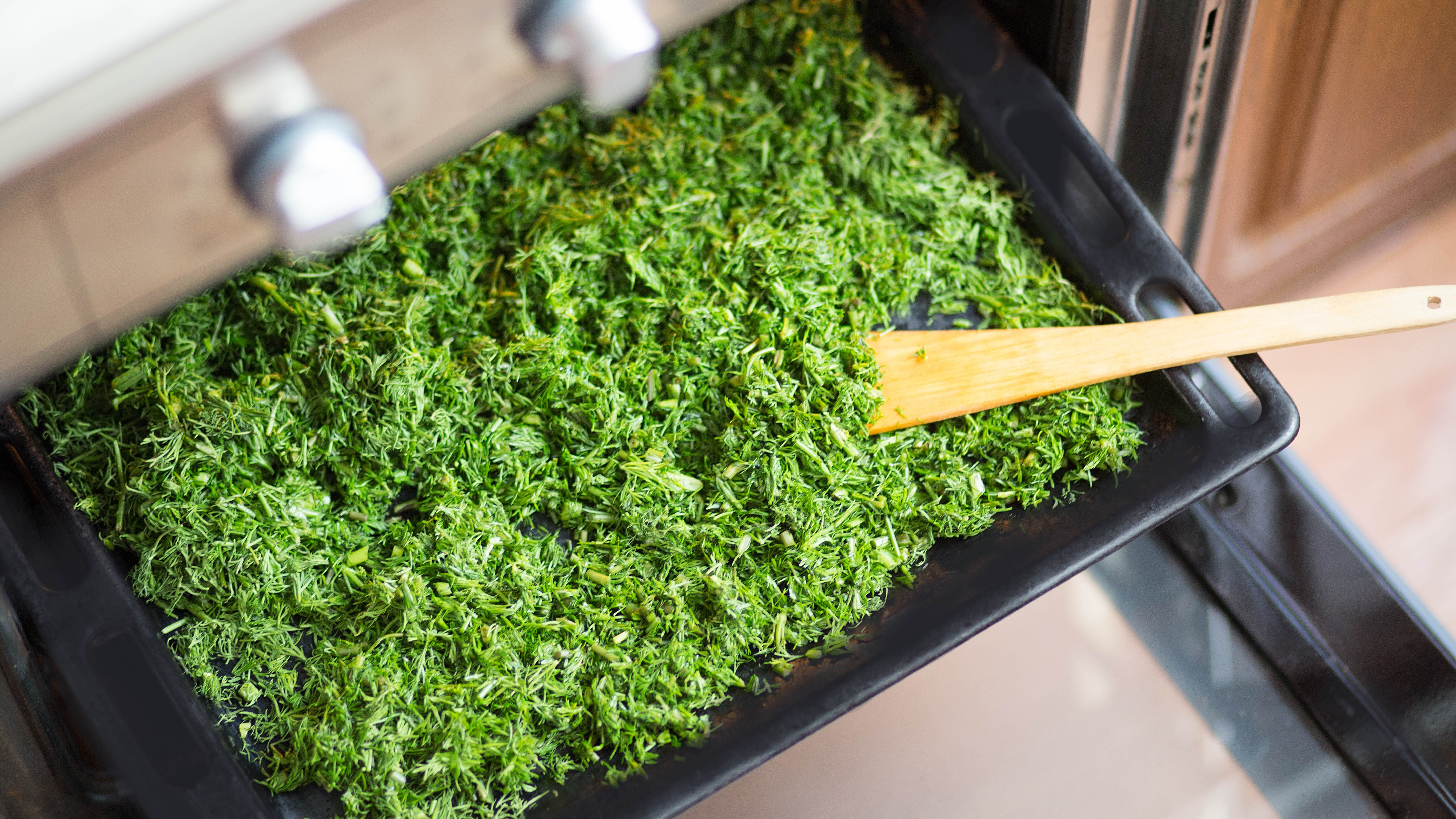
If you didn’t want to wait a week for your dried herbs, another method is oven-drying. Simply set your oven on a low heat of 180 degrees Fahrenheit before laying the herb leaves evenly on a baking tray lined with parchment paper. Next, place the tray in the oven and leave to bake for two to four hours. You’ll know when the herbs are ready if the leaves easily crumble into pieces.
It's also recommended to leave the door open if you have an electric oven, to allow air to circulate around the herbs while they dry. Plus, it ensures your oven will not get too hot and burn the herbs to a crisp! Leave to dry for about one hour, not forgetting to turn the herbs over after 30 minutes for an even bake. If herbs are still not dry, add on an extra 10-15 minutes.
3. Dry herbs in a microwave
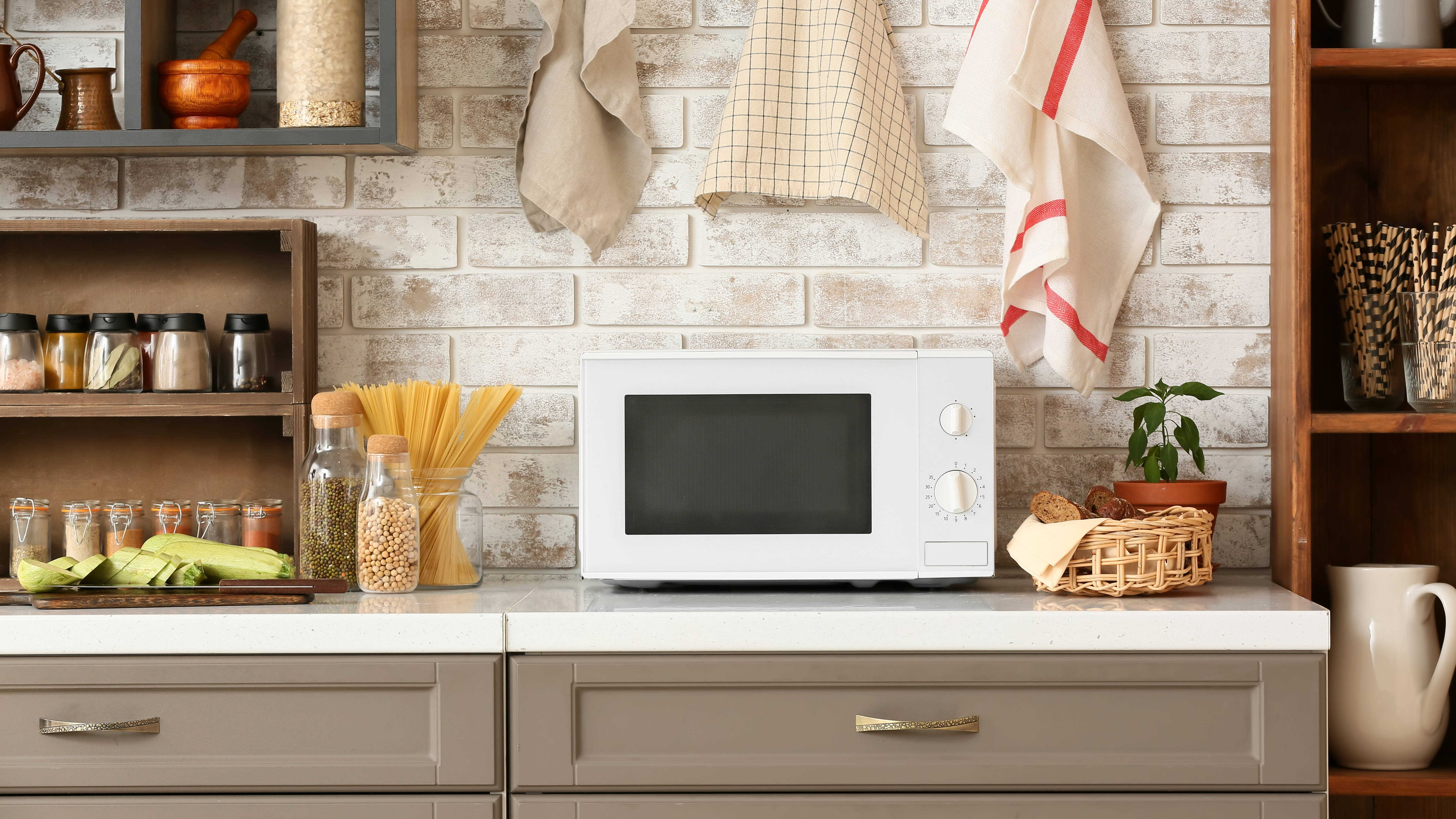
Another quick and efficient method of drying herbs is to place them in one of the best microwaves.
First, lay the herbs onto a microwavable dish, and put them on a high power for 30 seconds, making sure to turn them over. Repeat this several times until your herbs become dry and brittle. Microwaves are considered better than ovens due to their fast heat transfer, and fraction of time it takes in comparison.
Before and after drying herbs, make sure you have a clean microwave to get rid of odors, and beware of these 9 microwave mistakes you’re making.
4. Dry herbs in a dehydrator
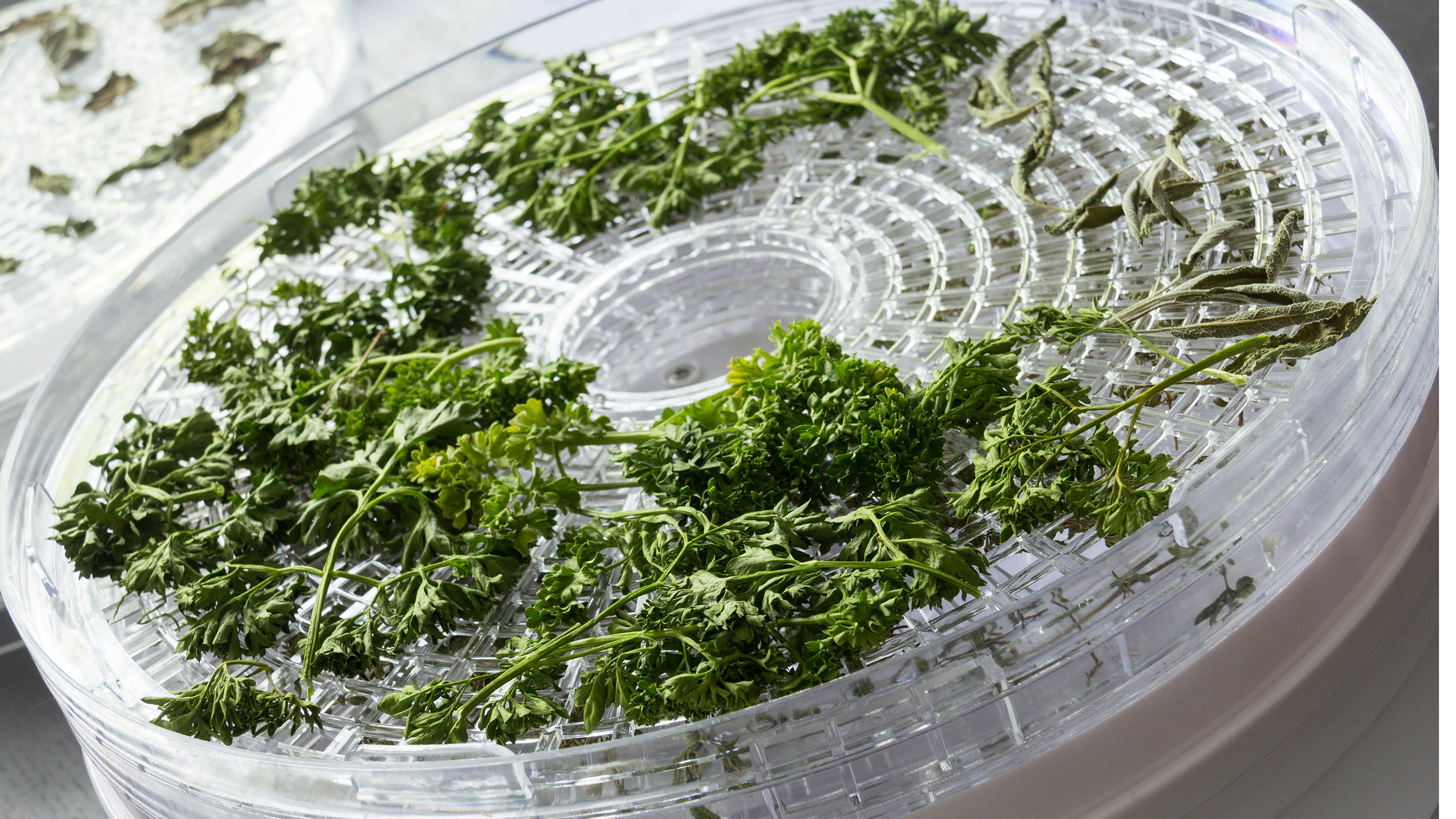
If you have an abundance of homegrown herbs to get through, you might want to invest in a home food dehydrator like the Cosori Food Dehydrator ($143, Amazon). Essentially, these handy appliances remove moisture from foods in order to preserve them. They also come in two types — with stackable trays, or a large box that holds removable shelves inside. Additionally, they come in many different sizes to fit your countertop or kitchen. Food dehydrators are also suitable for dried fruit, vegetables or some meats.
To dry out herbs, simply leave a single layer on the dehydrator tray so the leaves will dry more evenly. It’s recommended to dry herbs on the lowest setting of 95 F to 115 F, but in high humidity conditions, you may need to use 125 F. This is to ensure the best flavor, and drying time is between one to four hours — or when leaves crumble and break.
How to store dried herbs
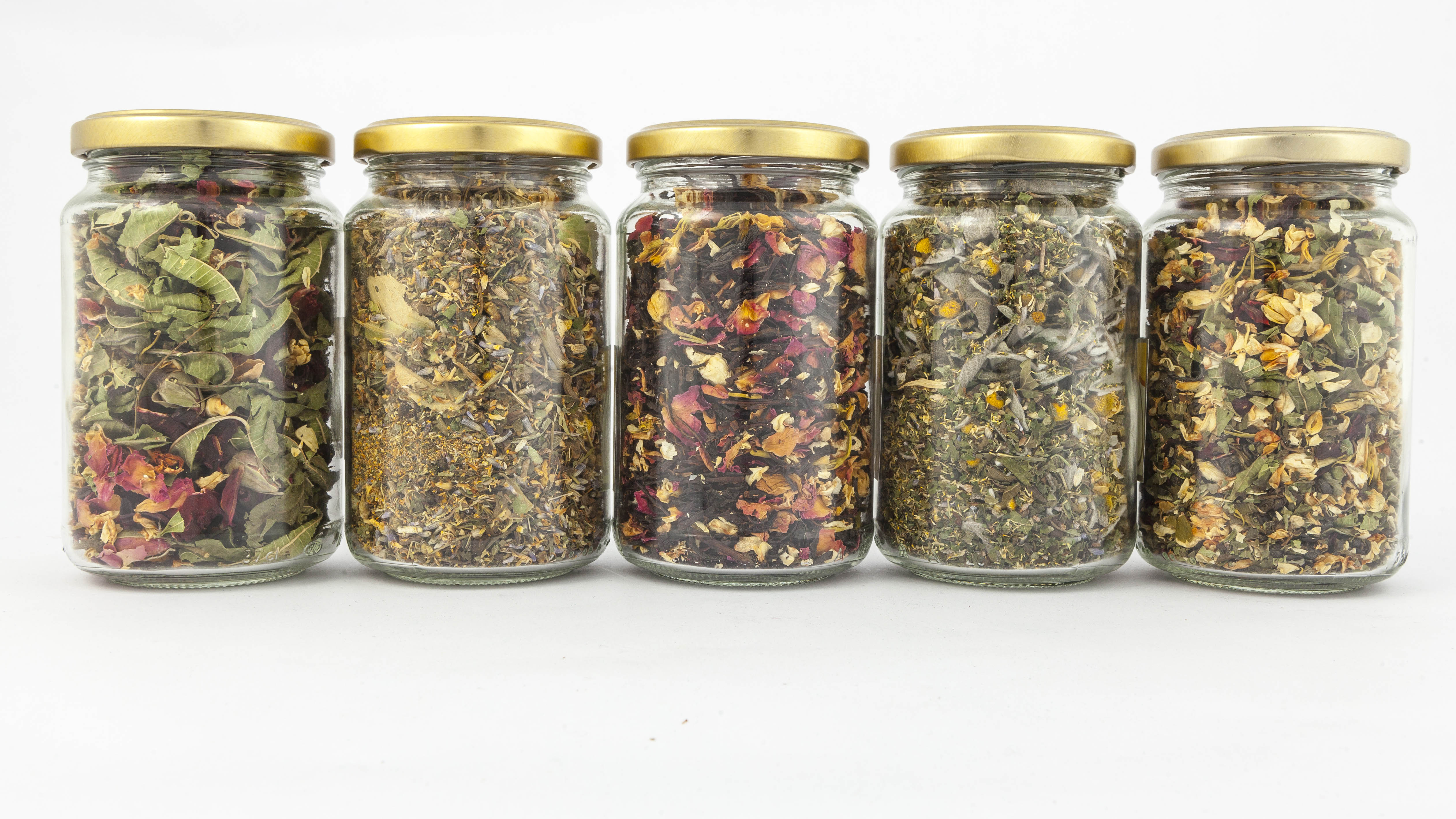
After drying you can either store whole or crumble or grind them into a powder for a spice rub in glass jars or airtight containers. Always store in a cool, dry place to avoid the herbs losing their color.
When cooking, you'll only need a teaspoon or so, as drying herbs concentrates the flavors, making it more aromatic.
More from Tom's Guide

As the Homes Content Editor, Cynthia Lawrence covers all things homes, interior decorating, and garden-related. She has a wealth of editorial experience testing the latest, ‘must-have’ home appliances, writing buying guides and the handy ‘how to’ features.
Her work has been published in various titles including, T3, Top Ten Reviews, Ideal Home, Real Homes, Livingetc. and House Beautiful, amongst many.
With a rather unhealthy obsession for all things homes and interiors, she also has an interior design blog for style inspiration and savvy storage solutions (get rid of that clutter!). When she’s not testing cool products, she’ll be searching online for more decor ideas to spruce up her family home or looking for a great bargain!
